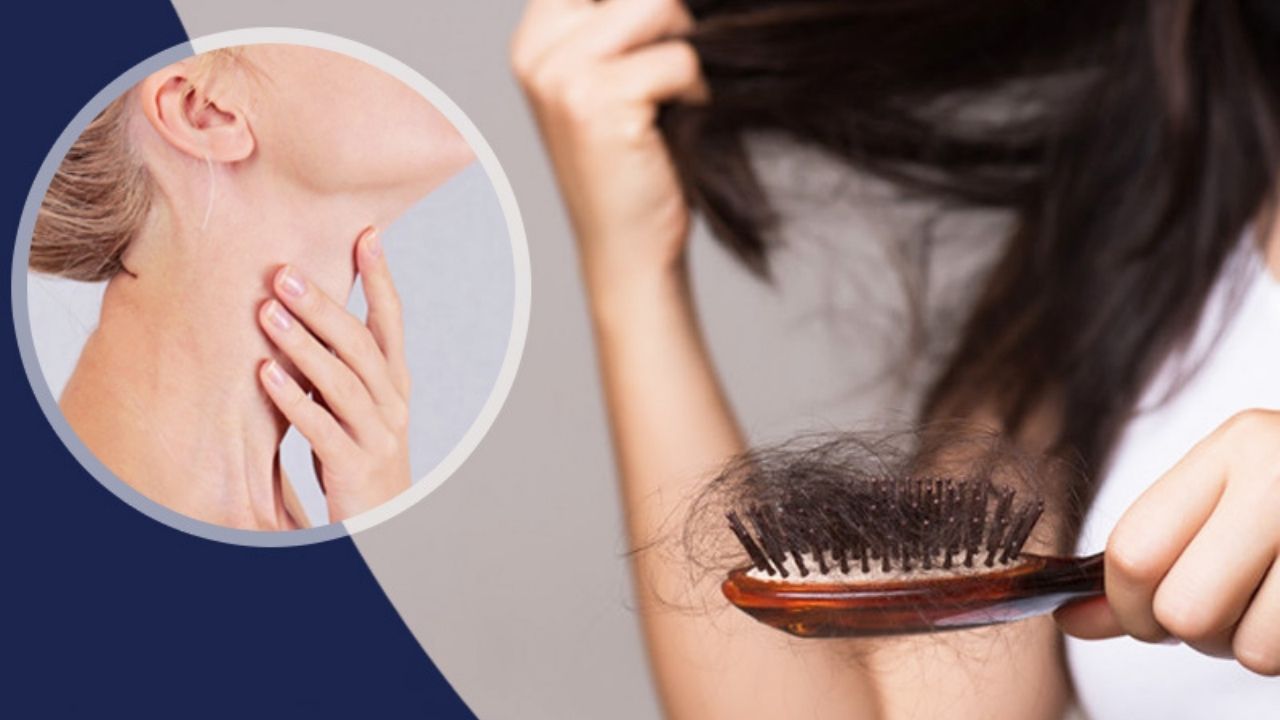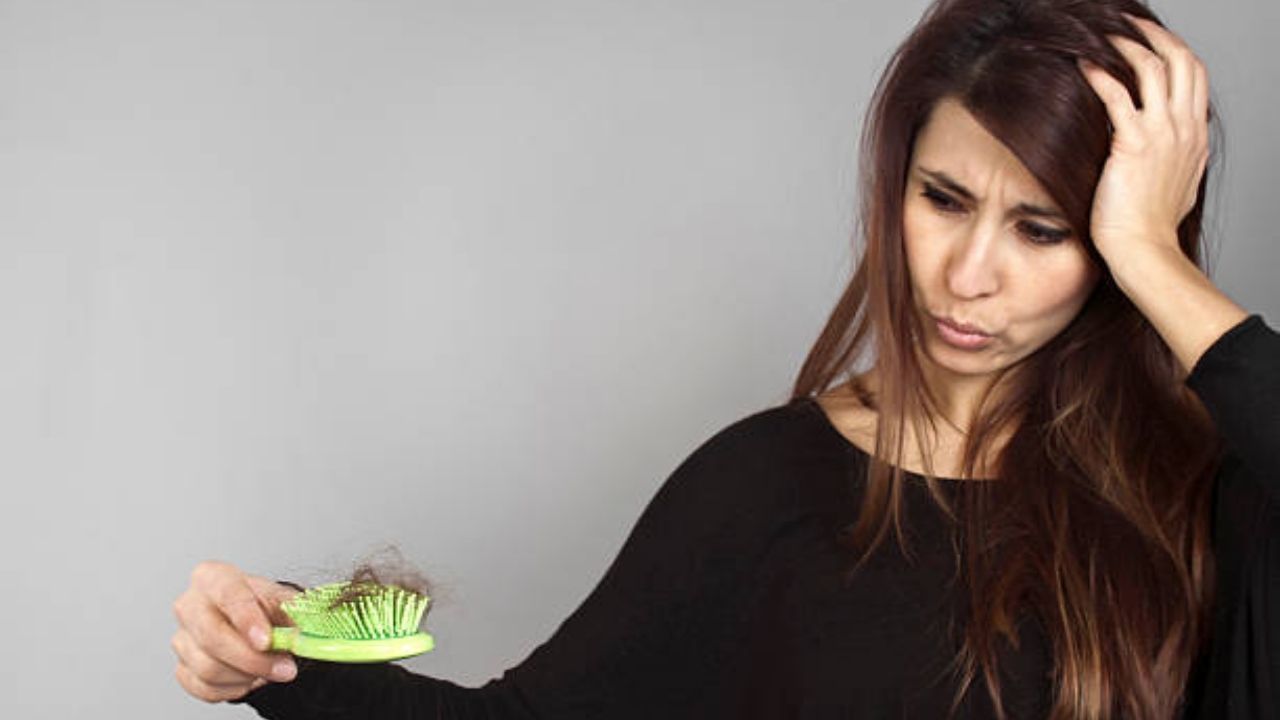Thyroid and hair loss – The thyroid is a gland responsible for the production of a series of hormones that, in turn, intervene in several important functions of the organism. Among them, cell development that affects the natural growth of hair follicles and, therefore, can cause hair loss. We are going to see in more detail what the thyroid gland is and how it is related to hair loss (Alopecia)?.
What is the thyroid and what is its function?
The thyroid is an endocrine gland located in the front of the neck, below the Adam’s apple, that produces, stores, and secretes thyroid hormones, called thyroxine and triiodothyronine. These hormones are responsible for controlling fundamental processes such as metabolism and the development of the body from birth to old age, in addition to playing a key role in other issues such as heart function, digestion, brain development or mood. In summary, the main tasks of the thyroid are:
- Regulates metabolism and body temperature.
- It is necessary for growth.
- It intervenes in the correct development of the nervous system.
- Regulates the assimilation of different nutrients.
- It is essential to regulate heart rate and cell development.
What is the relationship between the thyroid and hair loss?
Taking into account the number of basic functions in which the thyroid is involved, when a problem occurs in its operation, it affects various elements of the body. Among them, as we told you at the beginning, is the hair growth cycle. Consequently, one of the most common symptoms of diseases such as hyperthyroidism and hypothyroidism is hair loss.
Hypothyroidism and its relationship with hair loss
Hypothyroidism produces a decrease in the activity of the gland and, consequently, an insufficient production of thyroid hormones. The most common symptoms are weight gain (due to slowing down of metabolic function), fatigue and weakness, dry and scaly skin, depression, etc. Also, hypothyroidism causes hair to become weak and brittle, and to fall out.
The lack of thyroid hormones causes many follicles to go into a resting phase, fall out and not regenerate. It is a diffuse fall that is distributed throughout the scalp, giving an appearance of a general lack of capillary density. In more extreme cases of the disease, hair loss can affect the entire body, including the eyebrows.
Hyperthyroidism and its relationship with hair loss
Hyperthyroidism, as its name suggests, is the opposite condition: it involves an overactive thyroid that results in an excess production of thyroid hormones. Among the most frequent symptoms is weight loss, nervousness, anxiety and irritability; neck swelling, palpitations… And, of course, hair loss. The difference in this case is that the fall does occur in specific areas and is limited to the head, without affecting the rest of the body.
Thyroid and hair loss

In addition to this direct relationship that we have seen between the two main conditions of the thyroid gland and hair loss, there is another connection with alopecia.
Typically, people with hypothyroidism or hyperthyroidism often develop an autoimmune thyroid condition that makes them more likely to develop other pathologies of an autoimmune nature, such as alopecia areata. It is a disease in which the immune system attacks the hair follicles in certain areas, causing them to weaken and die.
How to stop hair loss due to thyroid?
Hair loss associated with thyroid problems is usually temporary. Once the levels of thyroid hormones have been regulated again, the follicles recover their natural growth cycle and the lost hair grows back. In most cases it is regulated with a medicine called euthyrox, although the endocrinologist will tell you how to do it depending on your case. Of course, keep in mind that it is a slow process.
For one thing, thyroid conditions are often slow to detect because their symptoms can be mistaken for a wide variety of other health problems. On the other hand, hair loss usually manifests itself several months after that the imbalance in the production of thyroid hormones has occurred and, in the same way, it takes time to recover once it is solved.
What we can do while this process lasts is to try to stop the weakening of the follicles and help their regeneration. For this, a state-of-the-art treatment such as microinjections of enriched plasma (PRP) could be useful. Be that as it may, the key is to consult a professional who identifies the problem and advises us on the best solution.
